Your Connection, Their Cash: Threat Actors Misuse SDKs to Sell Your Bandwidth
NetmanageIT OpenCTI - opencti.netmanageit.com

SUMMARY :
Palo Alto Networks has identified and identified a threat that is exploiting a critical vulnerability in the GeoServer database, which allows criminals to gain passive income from exploiting victims' internet bandwidth and access to their bandwidth.
OPENCTI LABELS :
persistence,apache,geoserver,cve-2024-36401,ip address,jxpath,dart,cve202436401,sdk
AI COMMENTARY :
1. Introduction The alarming trend of threat actors monetizing unsuspecting users’ network resources has taken a new turn with the exploitation of software development kits to harvest internet bandwidth. Titled “Your Connection, Their Cash,” this report sheds light on how malicious operators leverage SDKs to silently abuse victims’ connectivity, converting digital pipelines into illicit revenue streams.
2. Vulnerability Background Palo Alto Networks’ investigation uncovered a critical flaw in the GeoServer database component, tracked as CVE-2024-36401. This vulnerability resides in the processing of JXPath expressions exposed via the Apache GeoServer API, allowing unauthorized code execution. By weaponizing this weakness, attackers can embed malicious payloads within SDKs that later initiate surreptitious network operations on compromised hosts.
3. Attack Actors and Mechanism The perpetrators integrate compromised GeoServer instances into custom software packages or libraries written in Dart and other languages. Once distributed to end users, these SDKs establish persistent connections to attacker-controlled infrastructure. Every infected client becomes a proxy, routing requests and generating stealth traffic that offloads bandwidth usage costs onto the victim’s network while funneling profits back to the threat actors.
4. Technical Analysis At the core of the threat is the exploitation of CVE-2024-36401 in the Apache GeoServer JXPath module. Attackers craft malicious payloads that take advantage of unsanitized input parameters, enabling remote code execution. The injected code initiates outbound connections using victims’ public IP addresses. Detailed forensic analysis shows that compromised instances maintain persistence by installing stealth services and loading the malicious SDK on system startup, complicating detection efforts.
5. Impact and Detection Victims experience degraded network performance and unexpected spikes in bandwidth consumption, often attributed to application updates or background services. Security teams can detect anomalies by monitoring outbound traffic patterns, identifying unusual IP address connections, and examining process trees for unrecognized Dart or Java-based SDK modules. Correlating logs from Apache GeoServer with intrusion detection system alerts can reveal the initial compromise vector.
6. Mitigation Strategies Organizations should apply the GeoServer patch that addresses CVE-2024-36401 without delay and upgrade to the latest Apache GeoServer release. Network defenders must audit all SDK dependencies in their software supply chain and enforce code-signing policies. Implementing strict egress filtering and isolating critical services within segmented networks will reduce the risk of unauthorized bandwidth usage. Regular threat intelligence updates and proactive vulnerability assessments are also vital to stay ahead of emerging persistence techniques used by malicious actors.
OPEN NETMANAGEIT OPENCTI REPORT LINK!
Use public read only username and password on login page.
NOTE : Use Public READ only user credentials on login page banner.
Your Connection, Their Cash: Threat Actors Misuse SDKs to Sell Your Bandwidth


